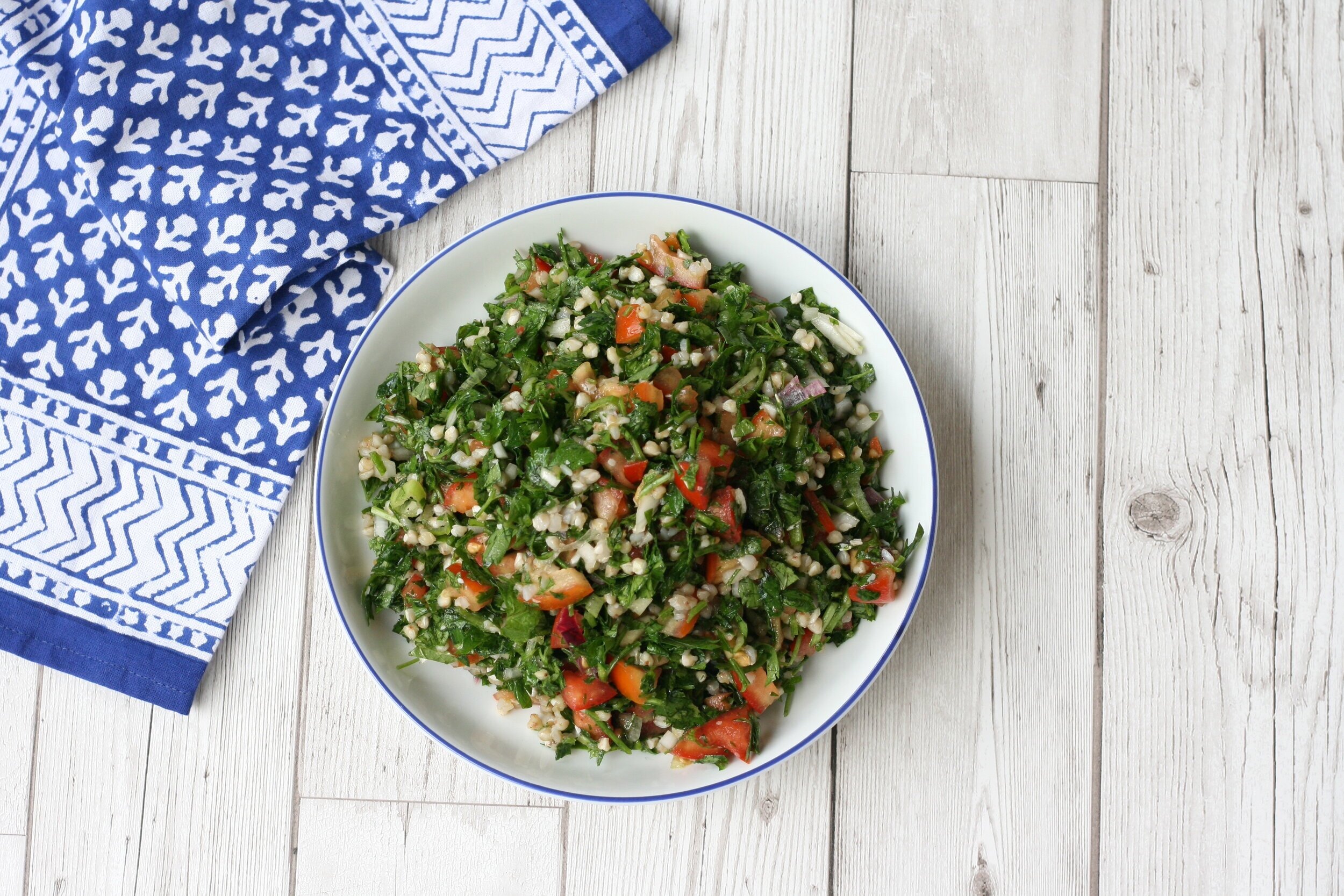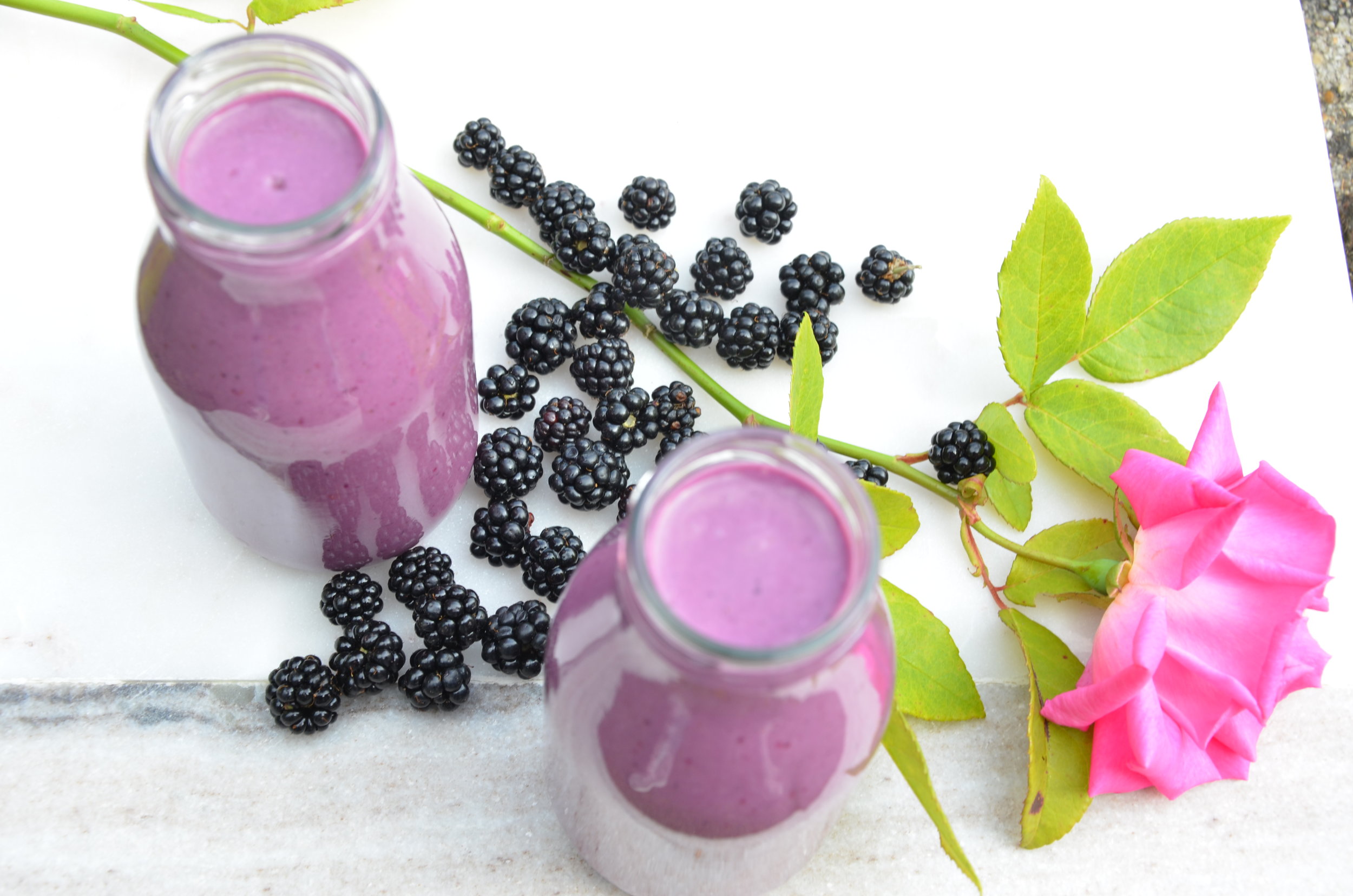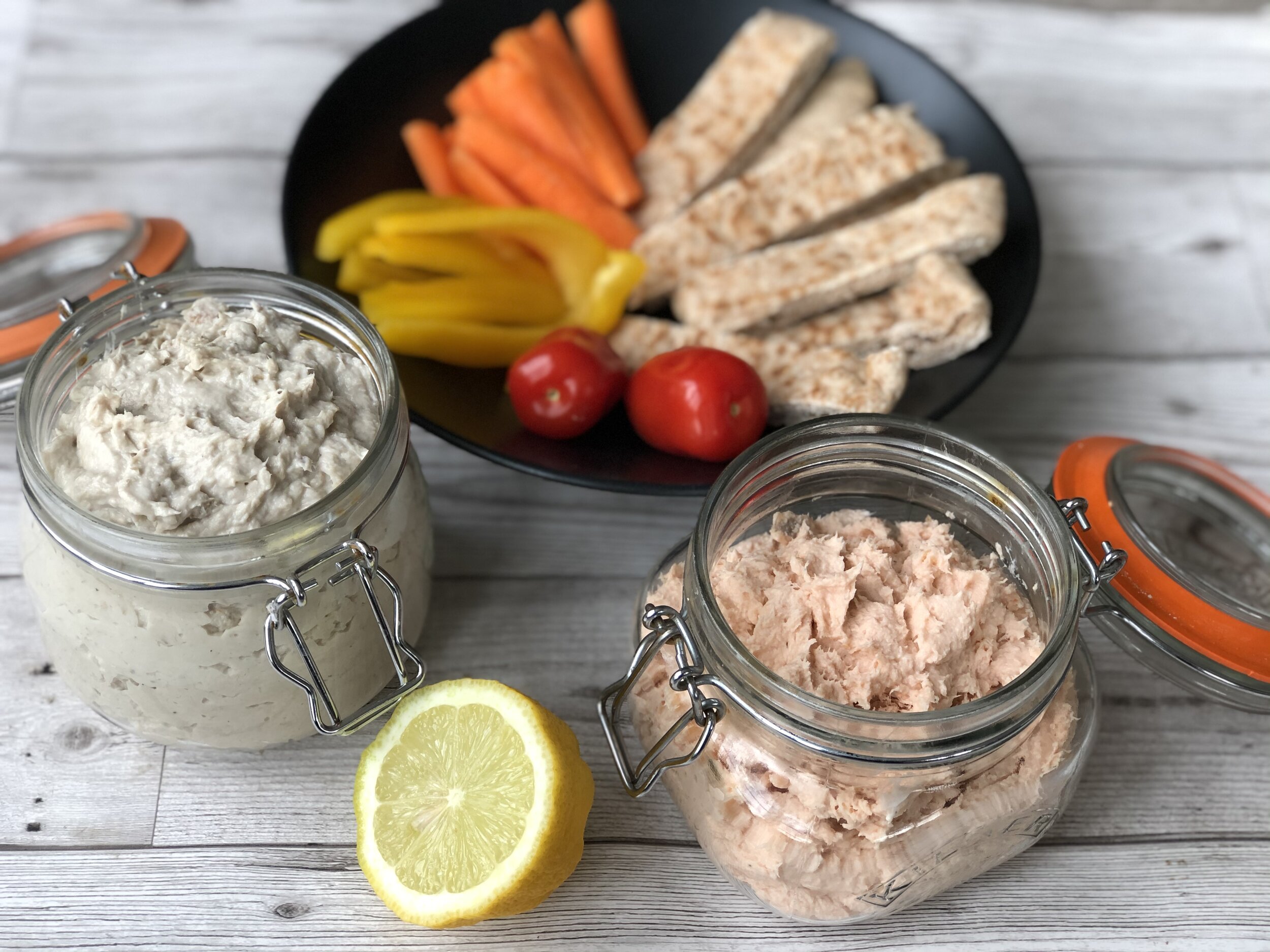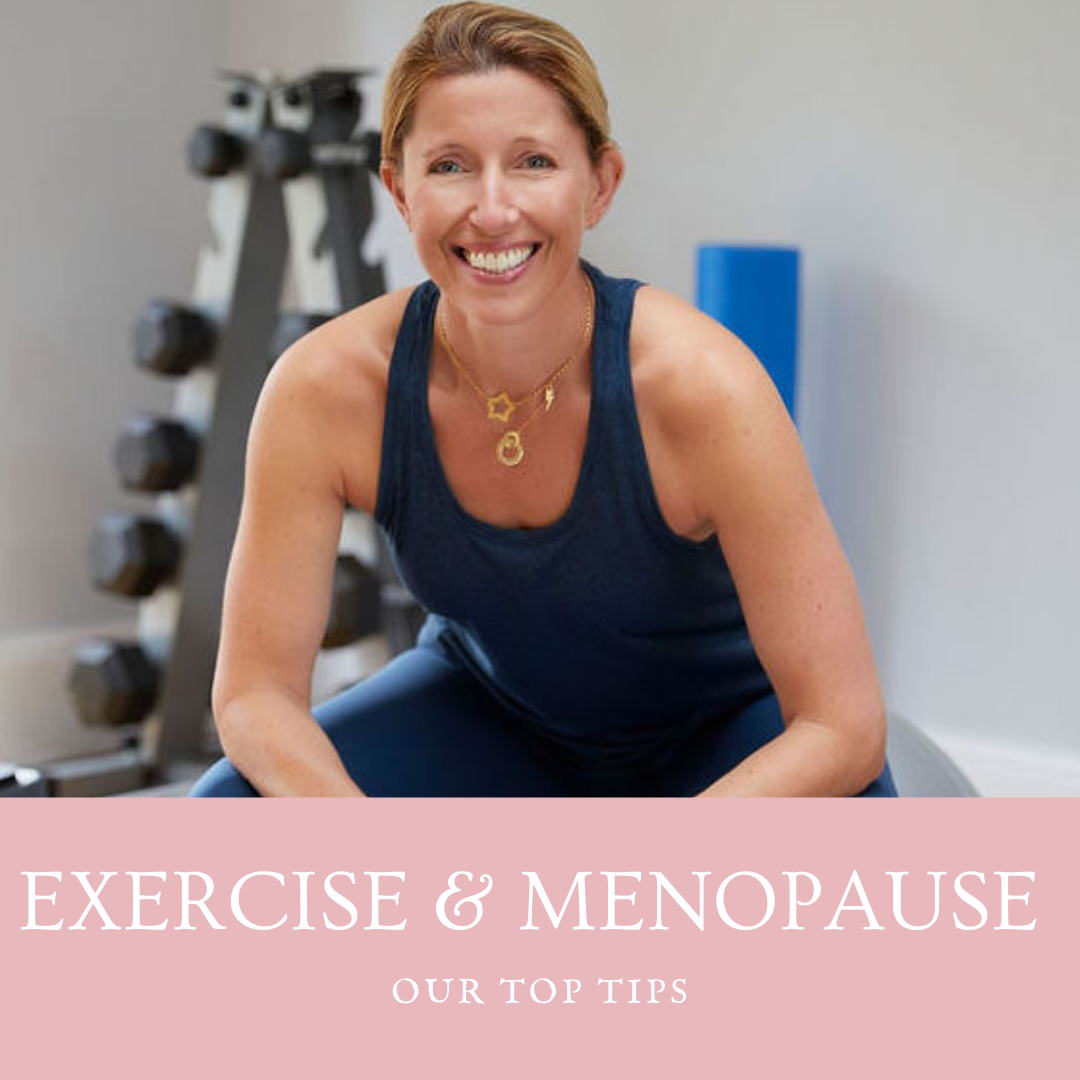All tagged health journey
Declining muscle mass is part of ageing, but you can do something about it!
Age-related muscle loss, also called sarcopenia, is a totally natural part of ageing. From the age of 30, you begin to lose as much as 3% to 5% per decade. Less muscle means greater weakness, less mobility, more daily struggles and aches and less balance / stability therefore leading to an increased risk of falls and fractures.
For women over 40, with the added risk of loss of bone density through hormonal changes associated with peri menopause and menopause, this paints a pretty bleak picture for those not engaging in some form of strength training exercises.
Women's health around the peri menopause stage of their life is a topic close to our heart, and we speak from experience as well as qualified professionals. Exercise has been shown to help control a number of physical and psychological problems and changes associated with menopause and midlife, including depression, weight gain, loss of muscle mass and bone density.
My number one rule will always be to only cultivate a mindset of positive association with exercise and avoid any negative connection to physical activity being a way to “burn calories” or “compensate” for that weekend pizza and ice cream!
Teens and exercise is a very wide subject, but for now , as I write during our third period of lockdown in the UK, I thought I’d give you a few tips particularly applicable to support your teens right now.
𝙏𝙝𝙚 𝙒𝙃𝙔 𝙖𝙣𝙙 𝙃𝙊𝙒 𝙖𝙧𝙚 𝙧𝙚𝙖𝙡𝙡𝙮 𝙣𝙤𝙩 𝙩𝙝𝙖𝙩 𝙙𝙞𝙛𝙛𝙚𝙧𝙚𝙣𝙩 𝙩𝙤 𝙬𝙝𝙖𝙩 𝙬𝙤𝙧𝙠𝙨 𝙛𝙤𝙧 𝙪𝙨:
Christmas time is often a time of excess and it’s been shown that many people manage to put on over 5 pounds in weight during the festivities. So how do you remain healthy and not sabotage all the good you have done over the past year, while still enjoying yourself?
I often find that it’s the habits we have formed along the way that derail us in our health journey. Whether it’s a snack mid afternoon as a pick me up – that’s eaten out of habit not hunger. Or the glass of wine poured while cooking that’s not necessarily wanted, but has become habitual. This month I am going to take the most common habits that I find with clients in clinic and come up with some simple suggestions that you can use to break these habits.












